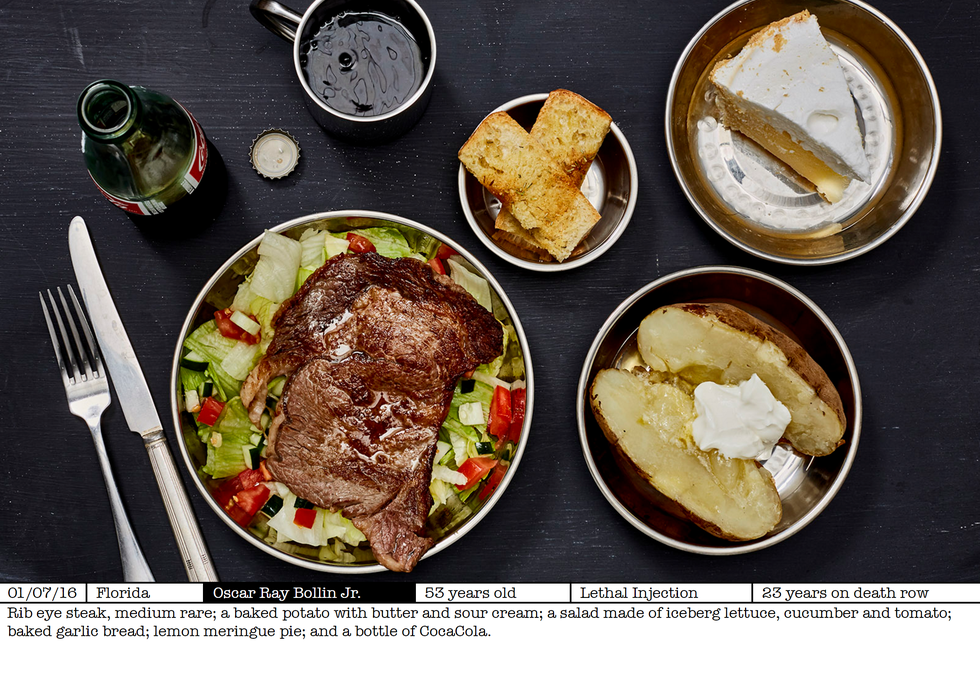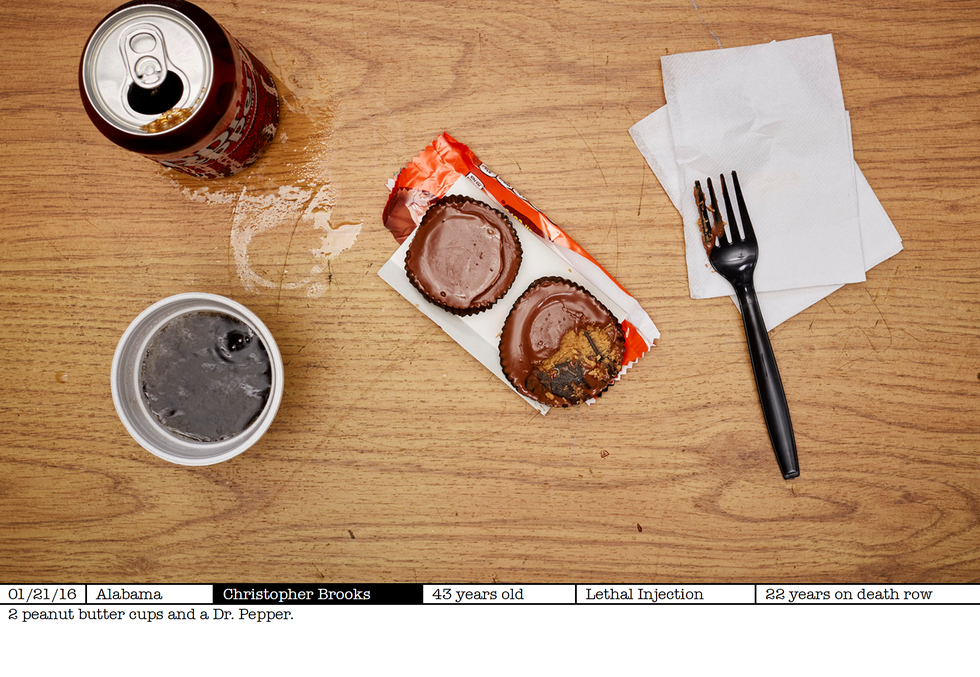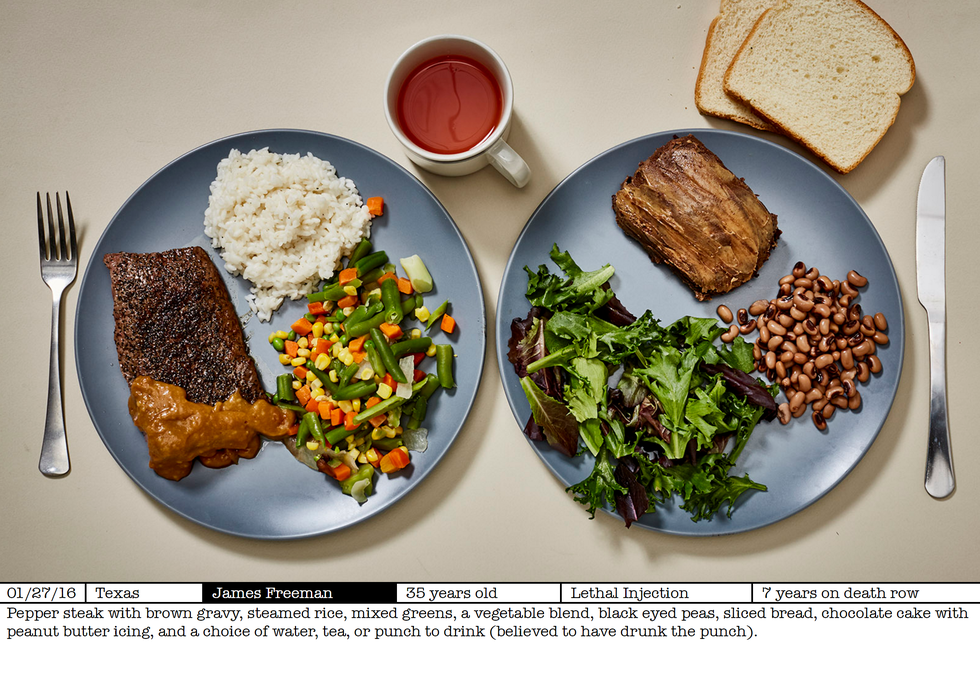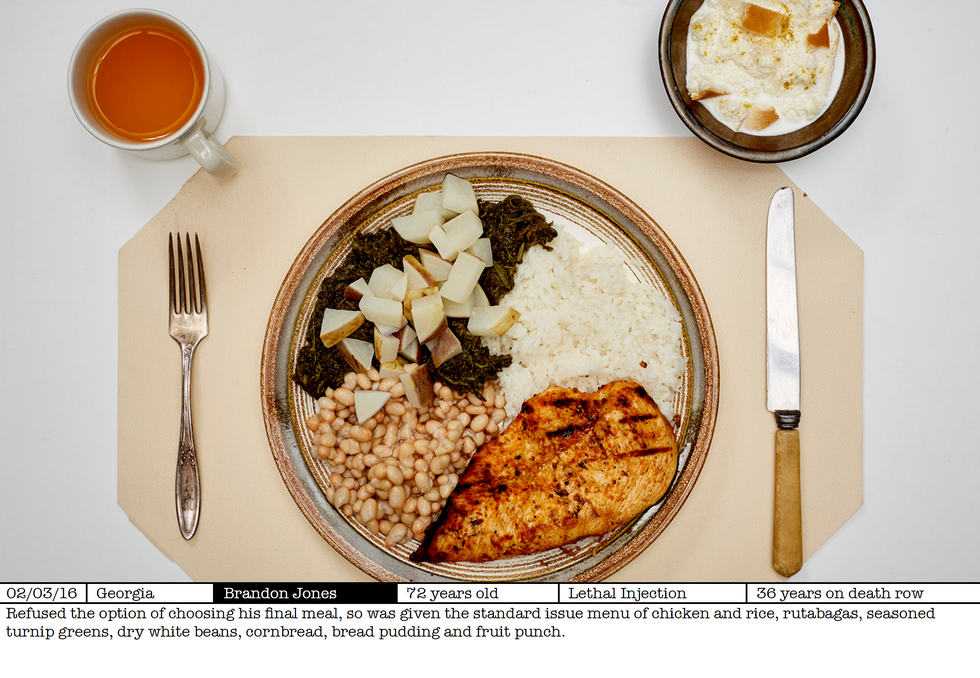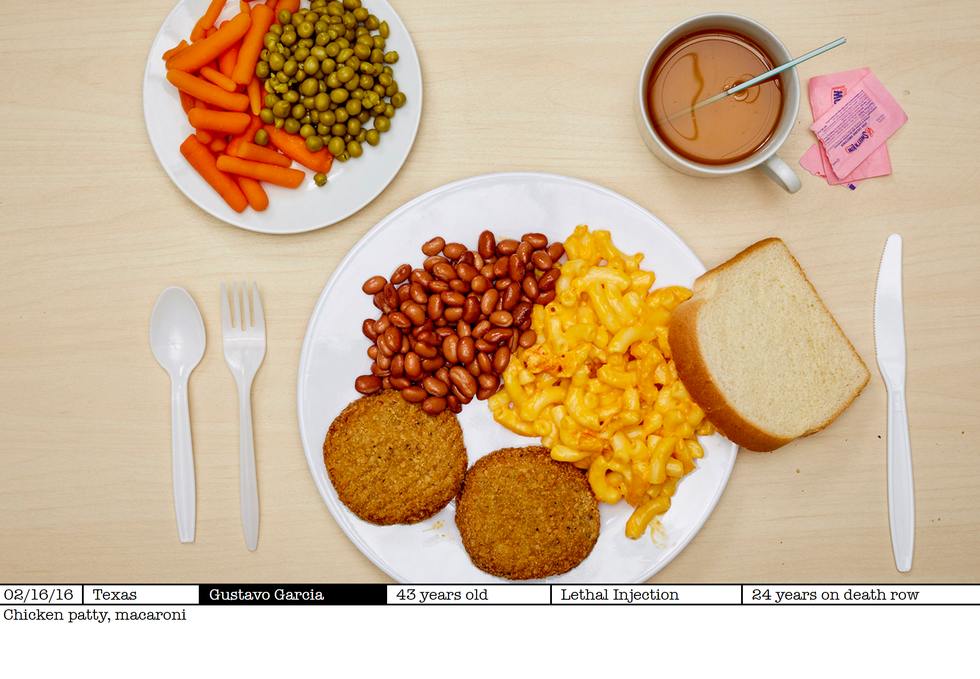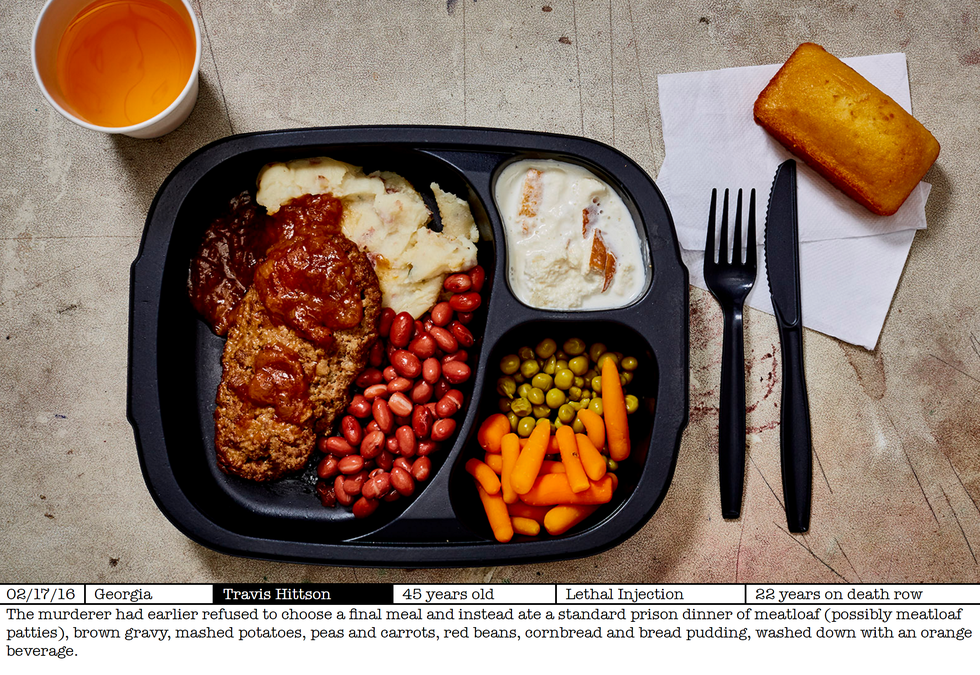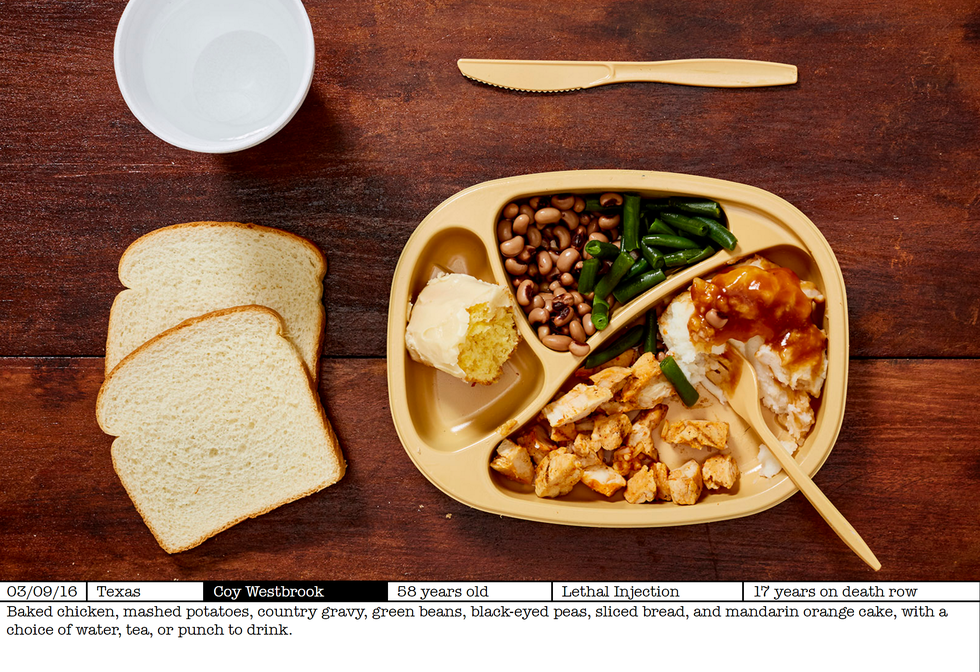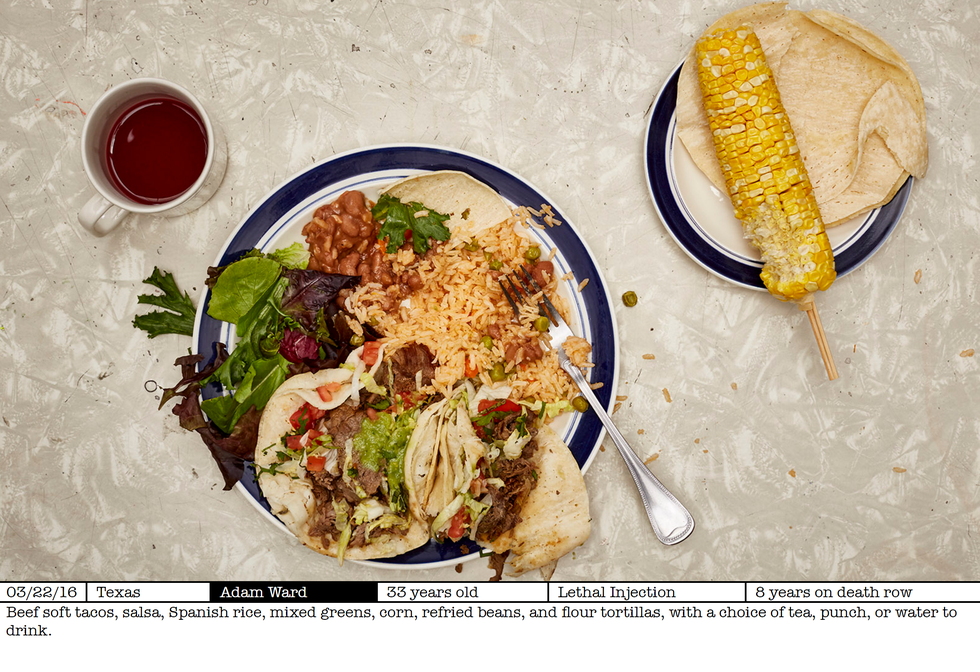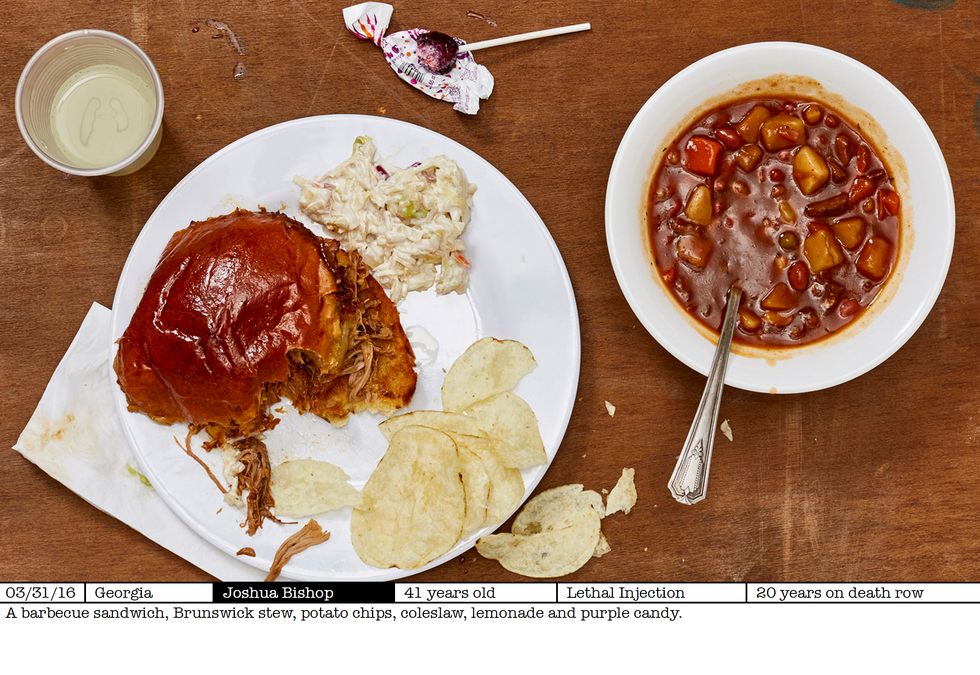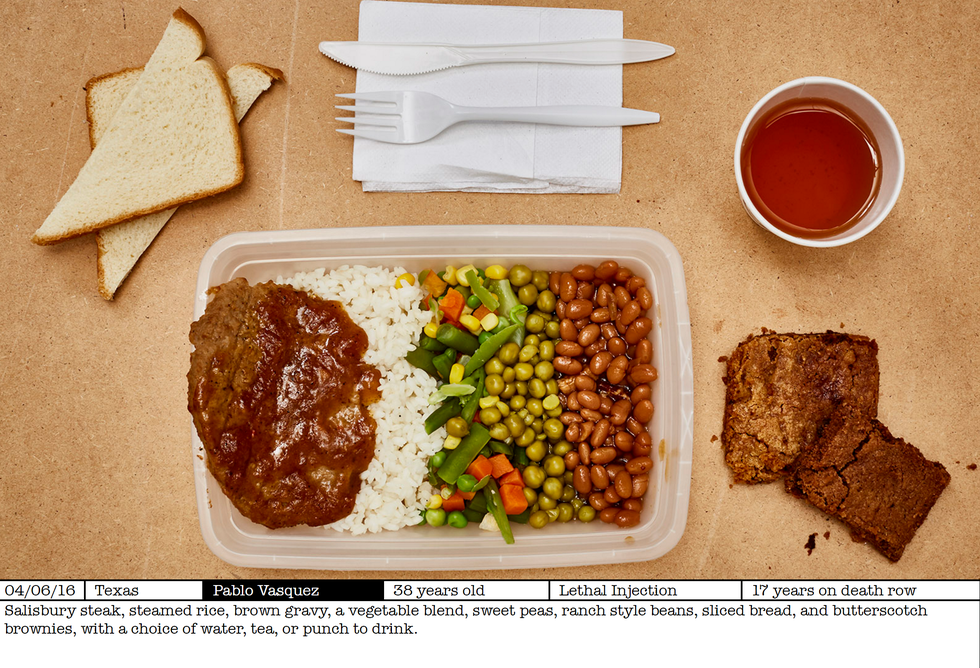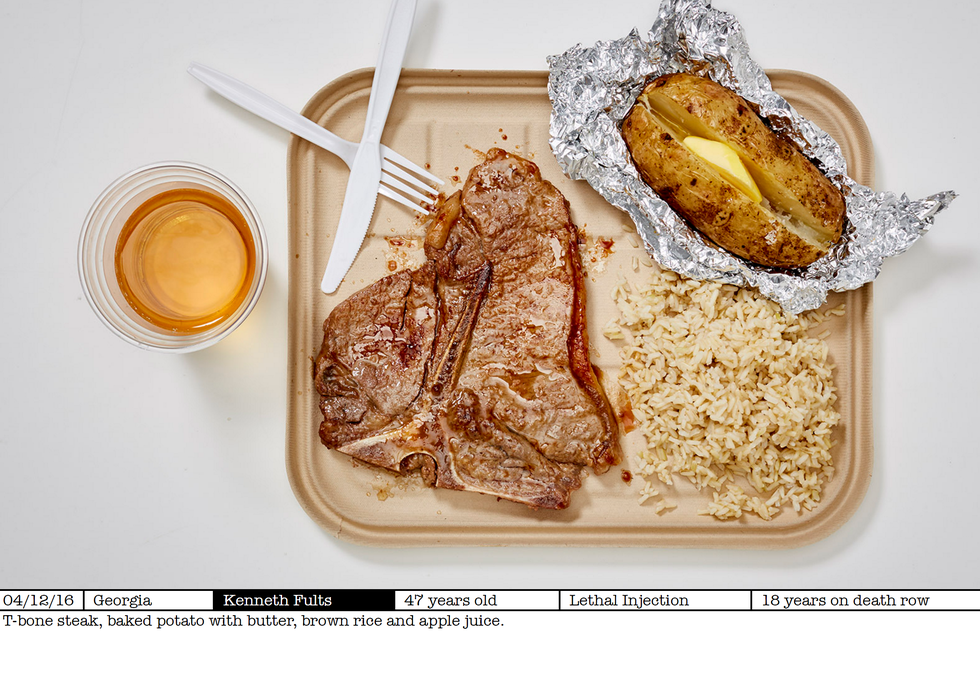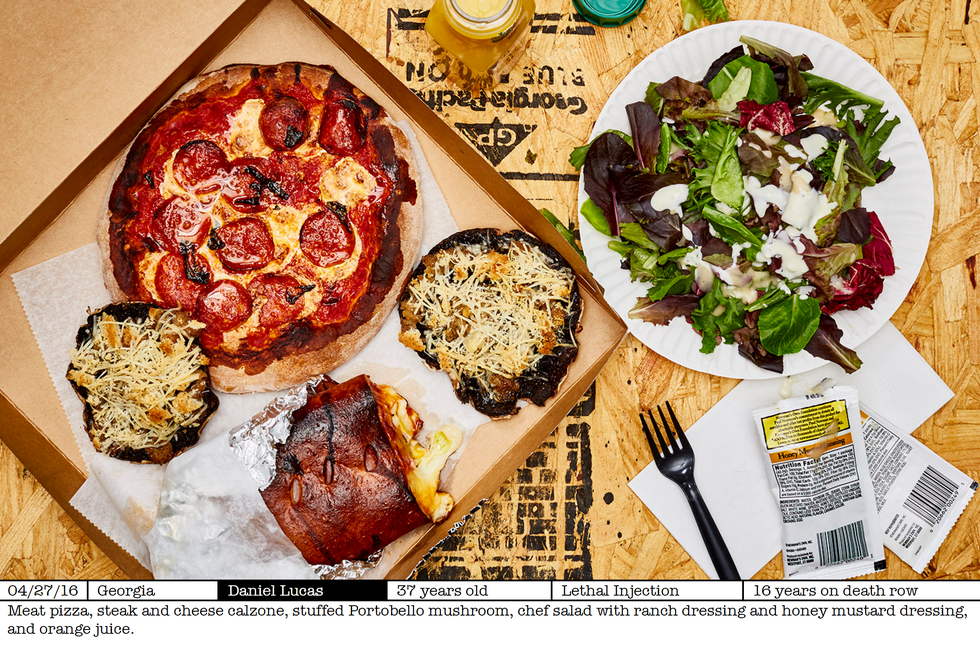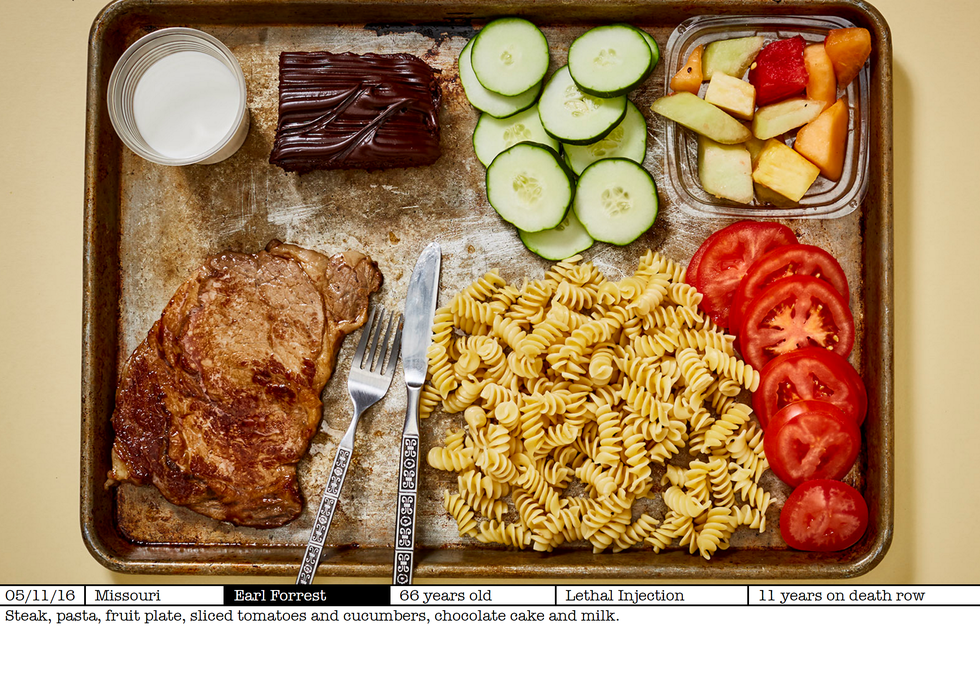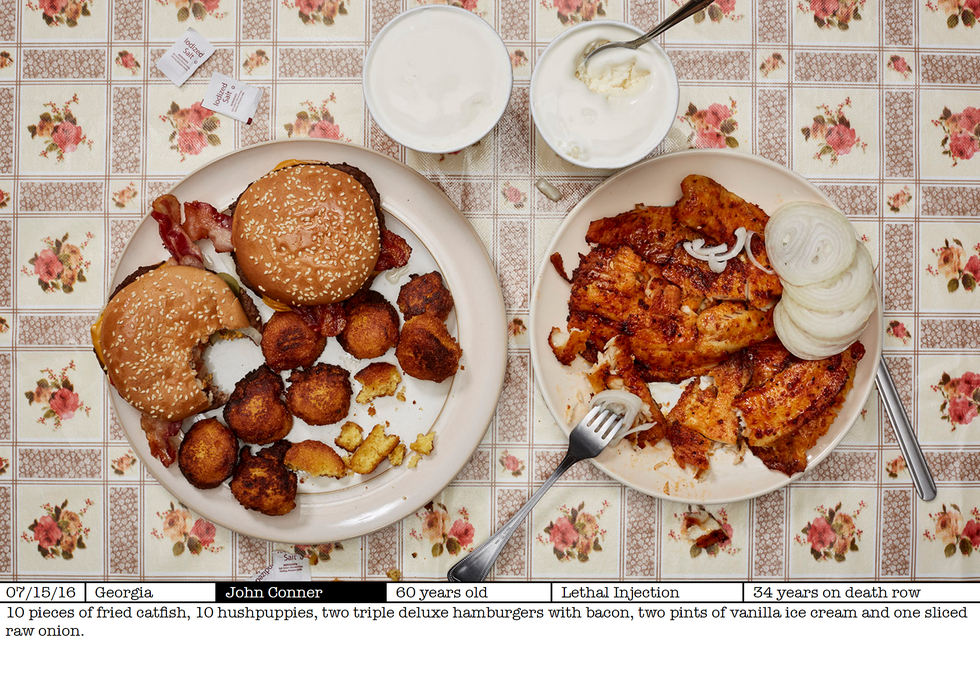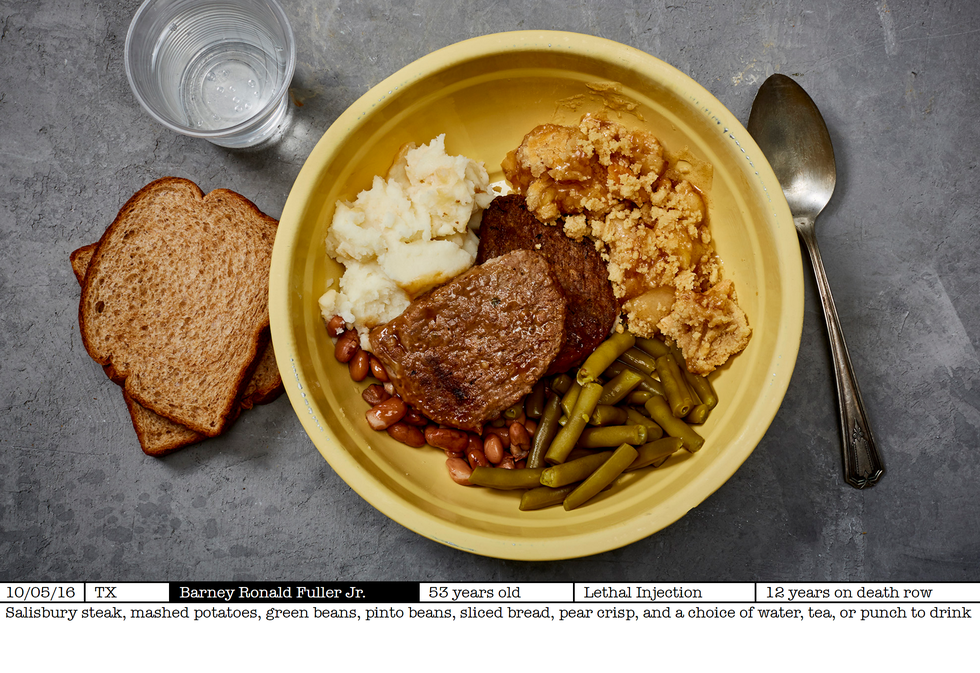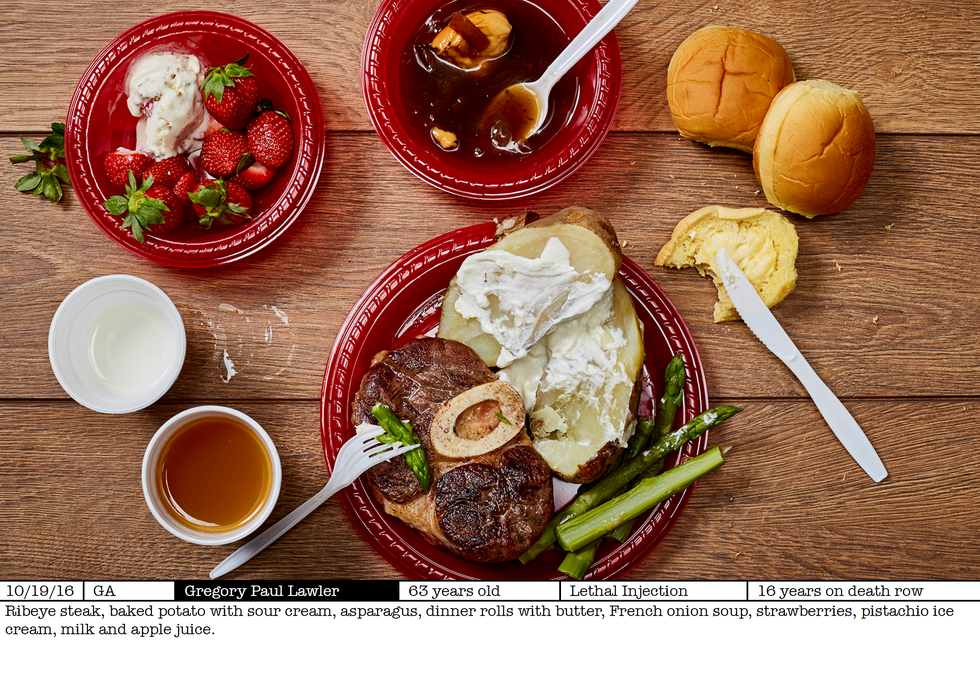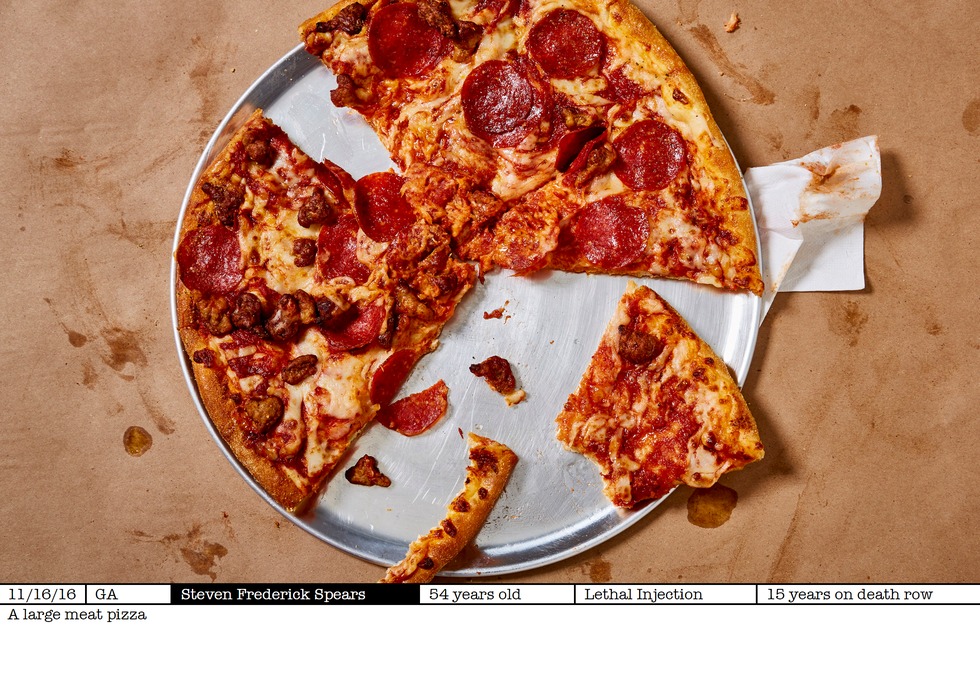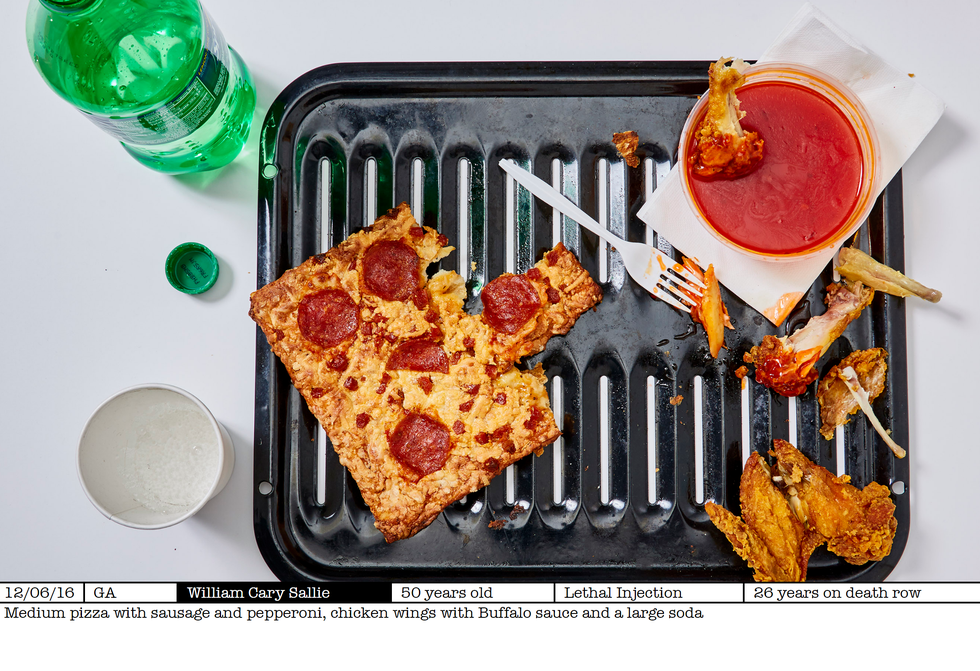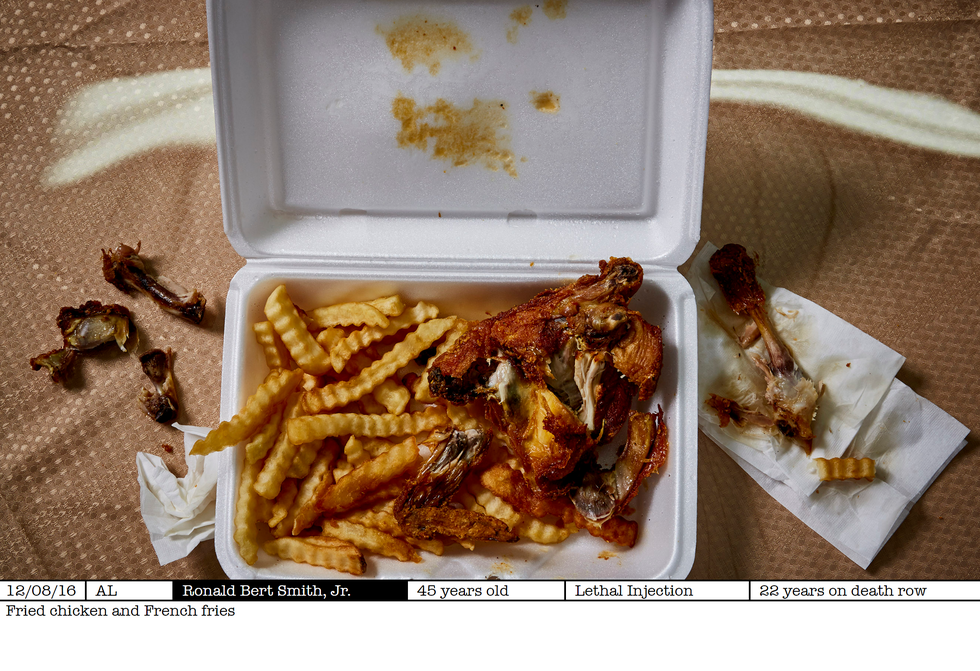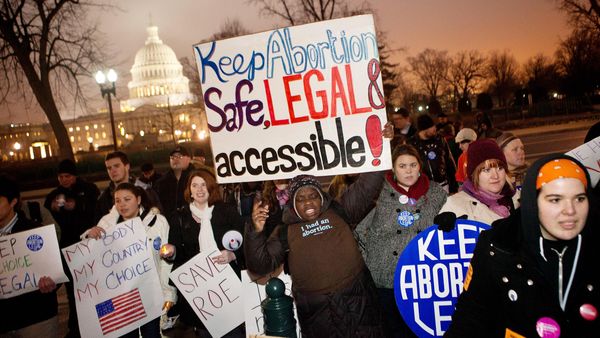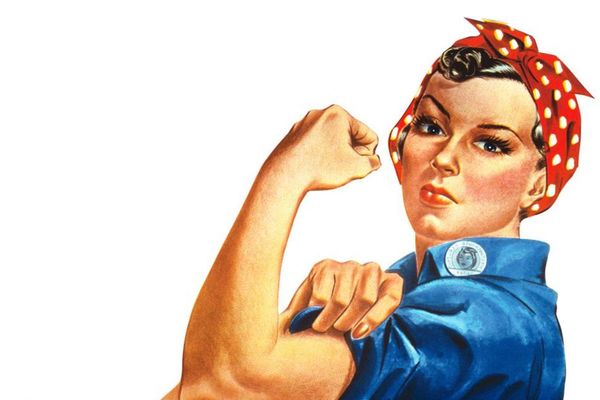"The true measure of our character is how we treat the poor, the disfavored, the accused, the incarcerated, and the condemned." -Bryan Stevenson
---
Brooklyn-based photographer, Henry Hargreaves, has released his new photo series, A Year of Killing. This series is a sequel to his 2011 series, No Seconds, which brought international attention to the issue of nation-sanctioned killing in the United States.
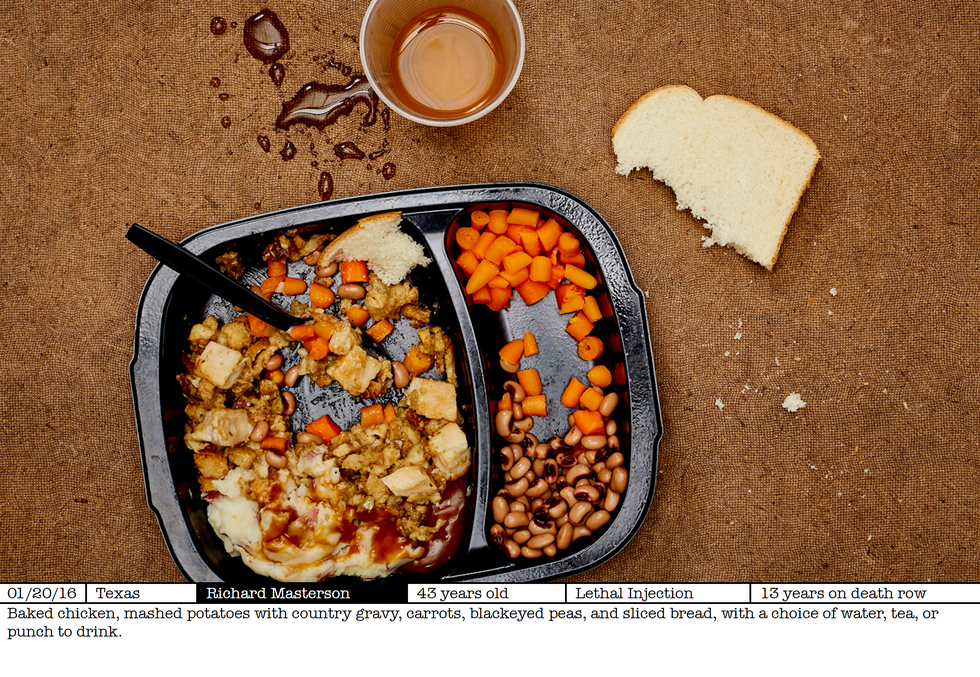
The death penalty was reinstated in the United States in 1976. On average, the United States executes 47 death-row inmates per year, placing the USA within the top five countries with the most executions per year. Other countries finding themselves in the top five include China, Iran, Iraq, and Saudi Arabia.
Says Hargreaves, "State-sponsored executions [have] become increasingly problematic due to lack of access to effective drugs, clear racial and social [biases], and the human error of assigning blame...The killings still go on at a rapid rate. I hope this helps better informs people about this practice."
One in nine inmates, on average, are freed after new evidence proves their innocence. A new study suggests that 1 in 25 inmates are sentenced to death for crimes they did not commit.
Inmates can spend decades on death row awaiting an execution date, never knowing whether they will be exonerated or be killed within the next month or if their cases will be revisited before this date is set. Treatment in death row facilities is primarily inhumane, with inmates spending up to 23 hours a day locked in their cell alone, with no access to educational programs or self-betterment programs, and are incredibly restricted from visitation and exercise.
"By continuing this theme, [Hargreaves] hopes to further highlight the frequency of these killings; how long inmates spend on death row before their executions; and how this whole practice can go on -- and with such conviction -- even when there’s great uncertainty around so many cases."
Statistics concerning the death penalty are worrying. "In a 1990 report, the non-partisan U.S. General Accounting Office found 'a pattern of evidence indicating racial disparities in the charging, sentencing, and imposition of the death penalty.' The study concluded that a defendant was several times more likely to be sentenced to death if the murder victim was white. This has been confirmed by the findings of many other studies that, holding all other factors constant, the single most reliable predictor of whether someone will be sentenced to death is the race of the victim," says Amnesty International.Additionally, though the United Nations (1984, 1997, and 2000 International Resolutions) and the US Constitution (Ford v. Wainright, 1986) have provisions against executing those who are mentally ill, The National Association of Mental Health has estimated that 5-10% of death row inmates have serious mental illnesses. The United States of America incarcerates at a significantly higher rate than the rest of the world. While the USA accounts for only 4.4% of the world's population, it houses 22% of the world's prisoners. There are incredibly high racial disparities, sex disparities, and racial and sex-based biases at play in incarceration, especially in comparison to other Western countries. In addition to this, the conditions faced by inmates within corrections facilities are often treated worse than those housed in other countries.
Hargreaves hopes his series draws attention to the atrocities that the United States sanctions. The series is a look into the personal lives and humanity of each individual killed by the USA in 2016.
To learn more about incarceration and death row practices in the United States, see Bryan Stevenson's Just Mercy."We are all implicated when we allow other people to be mistreated. An absence of compassion can corrupt the decency of a community, a state, a nation. Fear and anger can make us vindictive and abusive, unjust and unfair, until we all suffer from the absence of mercy and we condemn ourselves as much as we victimize others. The closer we get to mass incarceration and extreme levels of punishment, the more I believe it's necessary to recognize that we all need mercy, we all need justice, and-perhaps-we all need some measure of unmerited grace." -Bryan Stevenson




